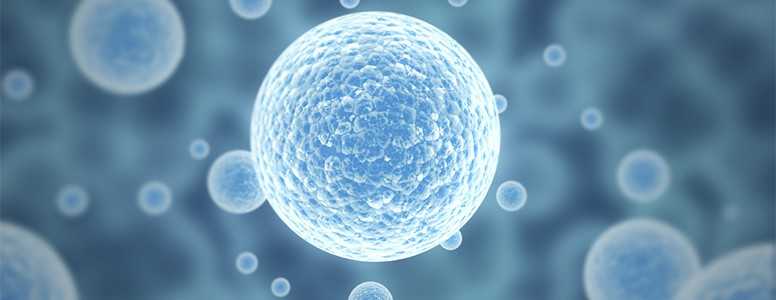Scientists at the Salk Institute have found a way to restore normal function to the liver and other tissues in people with diabetes.
In this new study, the researchers studied how our cellular fuel gauge, AMP-activated protein kinase (AMPK), dictates the differentiation of cells in embryo.
The study team uncovered a link between intracellular metabolic processes regulated by the AMPK pathway and the development of particular primary cell layers, called endodermal germ layers.
In the earliest stages of embryonic development, the germ layer has the capacity to generate three different types of specialised cells – the endoderm, ectoderm and mesoderm – that can give rise to diverse cell types in an organism.
Cells derived from the endoderm form many of the internal linings of certain organs, among them the liver, and the pancreas.
The ectoderm, on the other hand, is the precursor of the outermost skin layer.
When the Salk Institute team used the epigenetic CRISPR technology to prompt embryonic stem cells to differentiate, they discovered that in the absence of a functioning protein complex AMPK – which oversees cellular energy input and output – the cells failed to efficiently make the inner layer endoderm and instead made too much endoderm, the outer linings of the body.
For Salk Professor and senior author of the work – published in Genes and Development – Reuben Shaw, these new insights related to changes in AMPK within different cell populations during development suggest that the metabolic pathway AMPK tells cells what kind of specialised tissues to become.
In the cells that were deficient in AMPK, the researchers also found a number of down-regulated genes related to recycling centres called lysosomes.
Functioning endoderm cells contain high levels of lysosomes. The loss of lysosomes, the researchers discovered, can be overturned by reintroducing a transcription factor called Tfeb that turns on the expression of lysosomal genes in dysfunctional cells.
This connection between lysosomes and AMPK now enables scientists to produce specific types of cells from embryonic stem cells as well as from genetically reprogrammed adult cells – capable of regenerating damaged tissues – thereby facilitating the development of novel cell-based therapies for cancer and diabetes.
What's new on the forum? ⭐️
Get our free newsletters
Stay up to date with the latest news, research and breakthroughs.






